Classification and application of magnesium carbonate
2022-05-31
Magnesium carbonate is widely used, and magnesium carbonate is used in the pigment, paint and ink industries. According to the needs of these industrial products, magnesium carbonate is used to produce high-purity magnesium compounds. At the same time, magnesium carbonate is also used in refractory materials, fire extinguishing agents, floors and insulation materials. In the plastics and rubber industries, magnesium carbonate is used as a filler and smoke suppressant. In addition, there are minor applications in the production of glass, ceramics, chemicals and fertilizers. CPU grade magnesium carbonate can also be used as a salt additive, a powder blowing agent, and an antacid in toothpaste and biscuits.
Basic magnesium carbonate is mainly used as a flour improver. In the scientific formulation of flour improvers, basic magnesium carbonate is an important auxiliary ingredient. Its important role is to improve the dispersion and fluidity of flour improvers. It is an anti-caking and loosening agent. The content of flour improver is generally 10%-15%. Have good liquidity. The MgO content should be between 40%-43%, the water content should be less than 1%, and the apparent specific volume should be between 1.4-2.5ml/g. In addition, it can also be used in food, cosmetics and medicine.
In addition to being used as a raw material for electronic components, electronic grade basic magnesium carbonate is also an important raw material for the preparation of high-purity magnesium oxide, ink, fine ceramics, medicine, cosmetics, toothpaste, pigments, etc. The added value of electronic materials is very high.
Transparent magnesium carbonate is mainly used as filler and reinforcing agent for transparent or light-colored rubber products. After mixing with rubber, the refractive index of the rubber itself will hardly be changed, and the abrasion resistance, bending elasticity and tensile strength of the rubber can be improved. It can be used as an additive for paints, inks and coatings. It can also be used in the toothpaste, pharmaceutical and cosmetic industries.
Magnesium carbonate is a white powder containing magnesium and weakly basic inorganic compounds. Magnesium carbonate is chemically stable, non-toxic, odorless and non-flammable. It reacts with acids more acidic than carbonic acid to form salts, carbon dioxide, and other substances that are sparingly soluble in water and liquid ammonia. Gymnasts, weightlifters, and rock climbers often rub magnesium carbonate (commonly known as "magnesium powder") to keep their hands dry due to magnesium carbonate's absorption of water and oil, but magnesium carbonate may cause skin irritation in some people. In addition, magnesium carbonate can also be used as an antacid and other gastrointestinal related drugs. Due to the relatively small relative density of magnesium carbonate, it can be added to rubber products as a filler and reinforcing agent. Magnesium carbonate also has a relatively low burn point and relatively easy texture. This feature can be well used in fire and heat insulation materials, which play the role of heat insulation and high temperature resistance. In addition, magnesium carbonate can also be used as an excellent insulating material in the shipbuilding and boiler industries.
In addition to the above-mentioned industries, magnesium carbonate also plays a role in many industrial fields. With the continuous updating of the production process of magnesium carbonate, more functions of magnesium carbonate will be discovered, which will greatly reduce the use cost of magnesium carbonate and be more widely used in various industrial fields. Although magnesium carbonate itself is not toxic, some people may be allergic to it. Long-term or excessive use and exposure may affect the nervous system, suffer from depression and cardiac insufficiency.

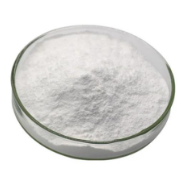
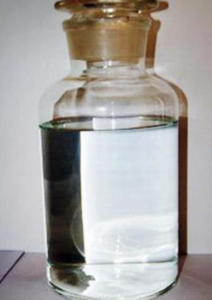
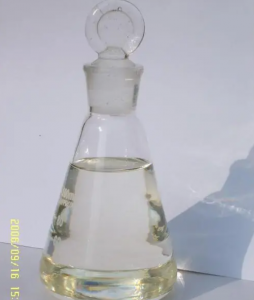
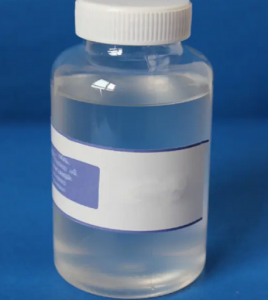
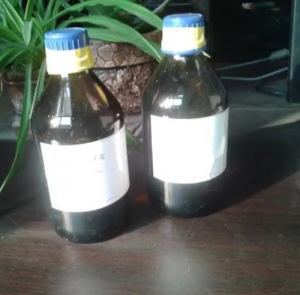
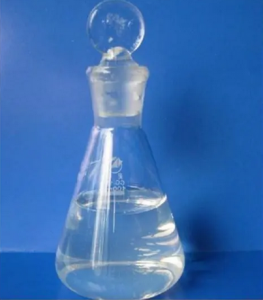
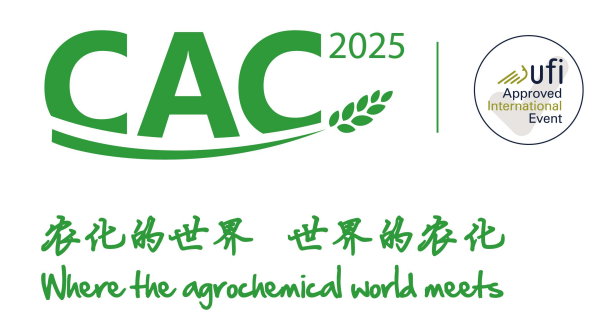
 online service
online service +8613866722531
+8613866722531 pweiping@techemi.com
pweiping@techemi.com pweiping
pweiping +8613866722531
+8613866722531